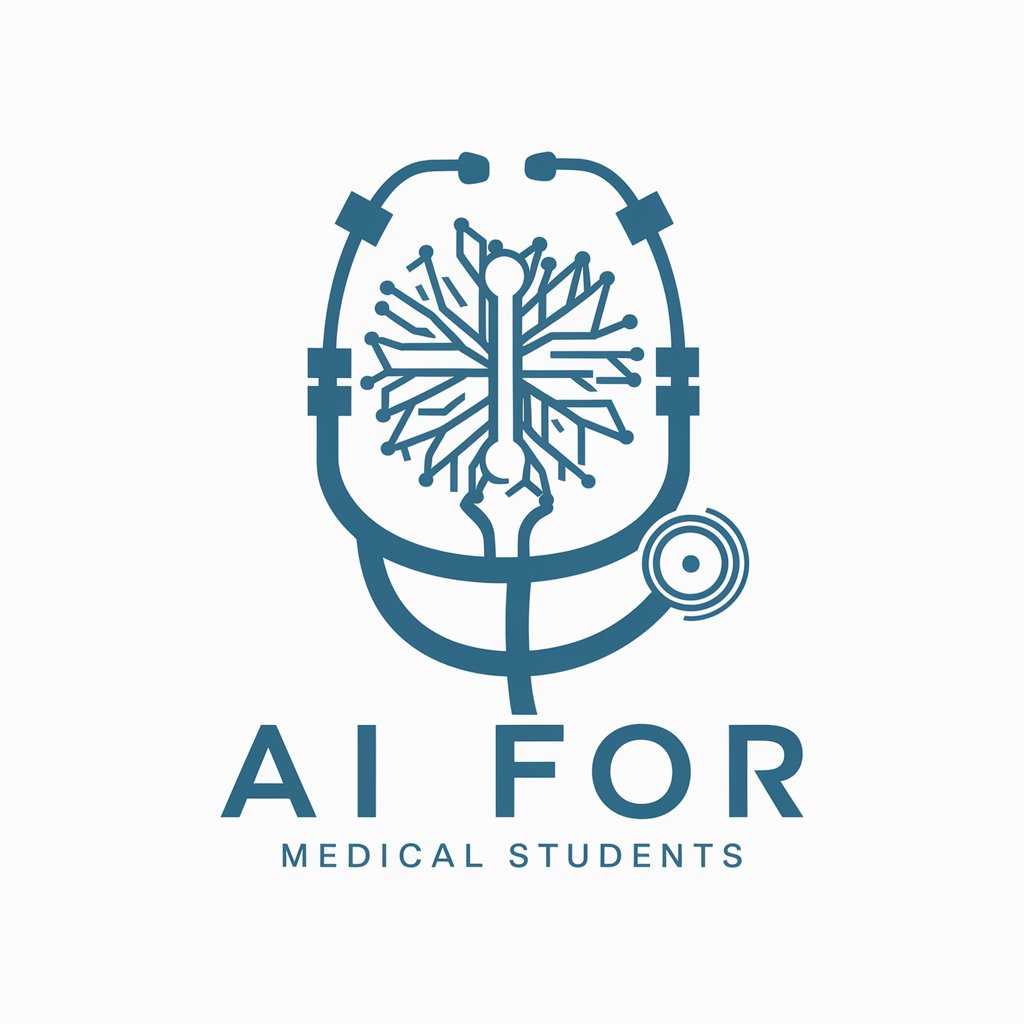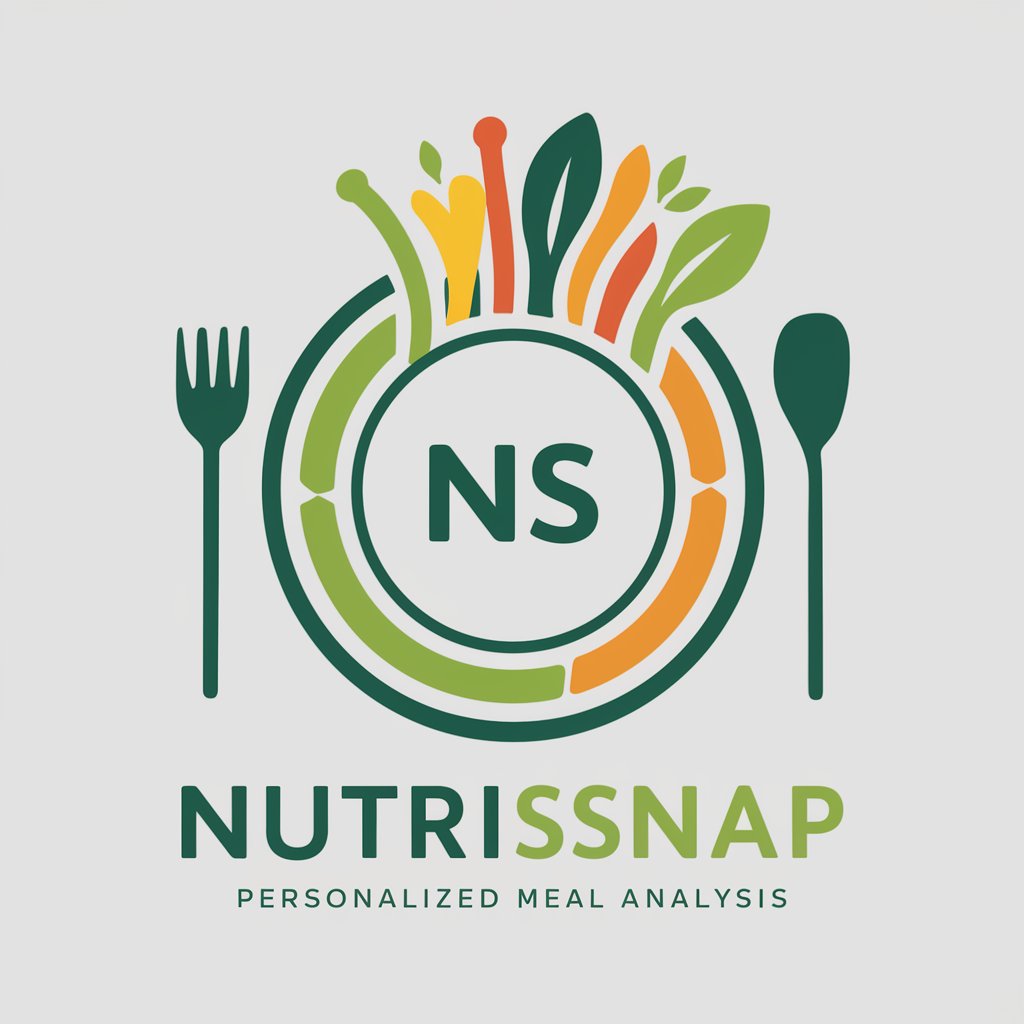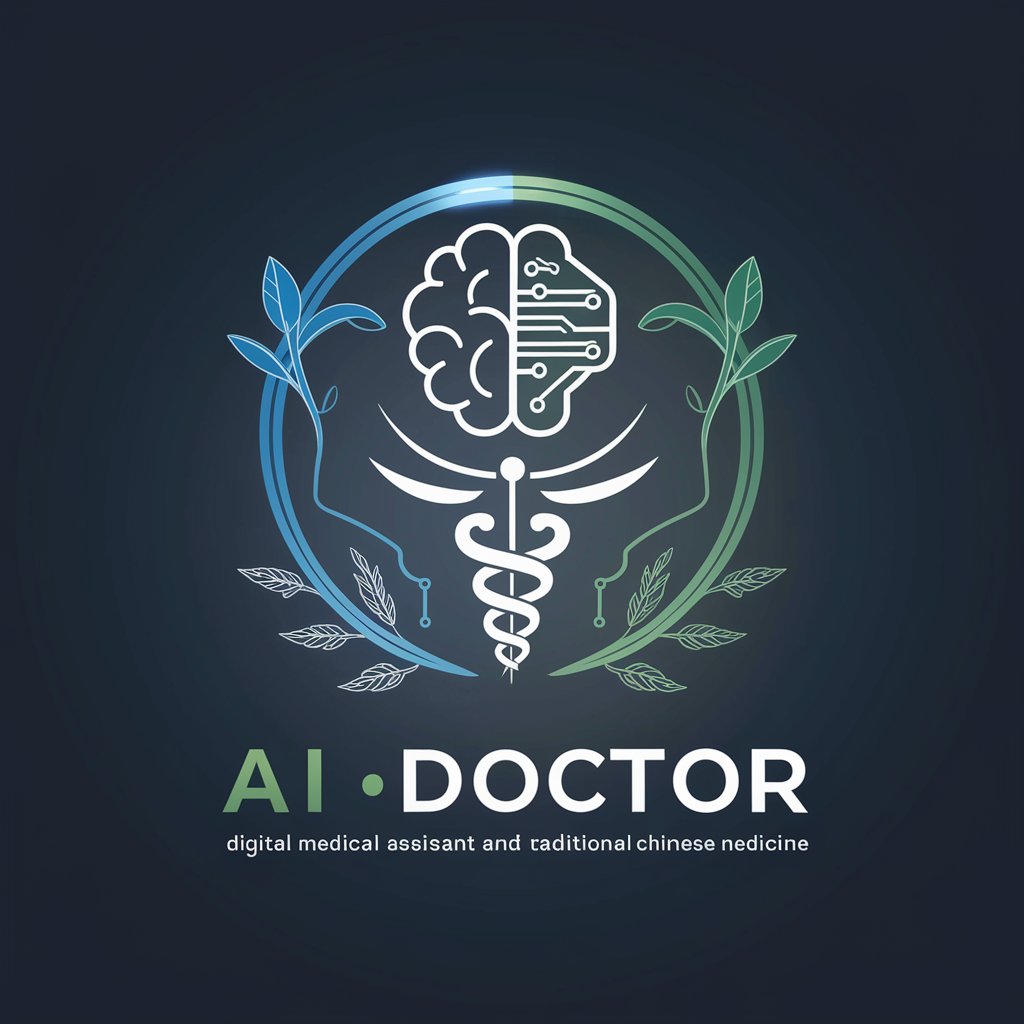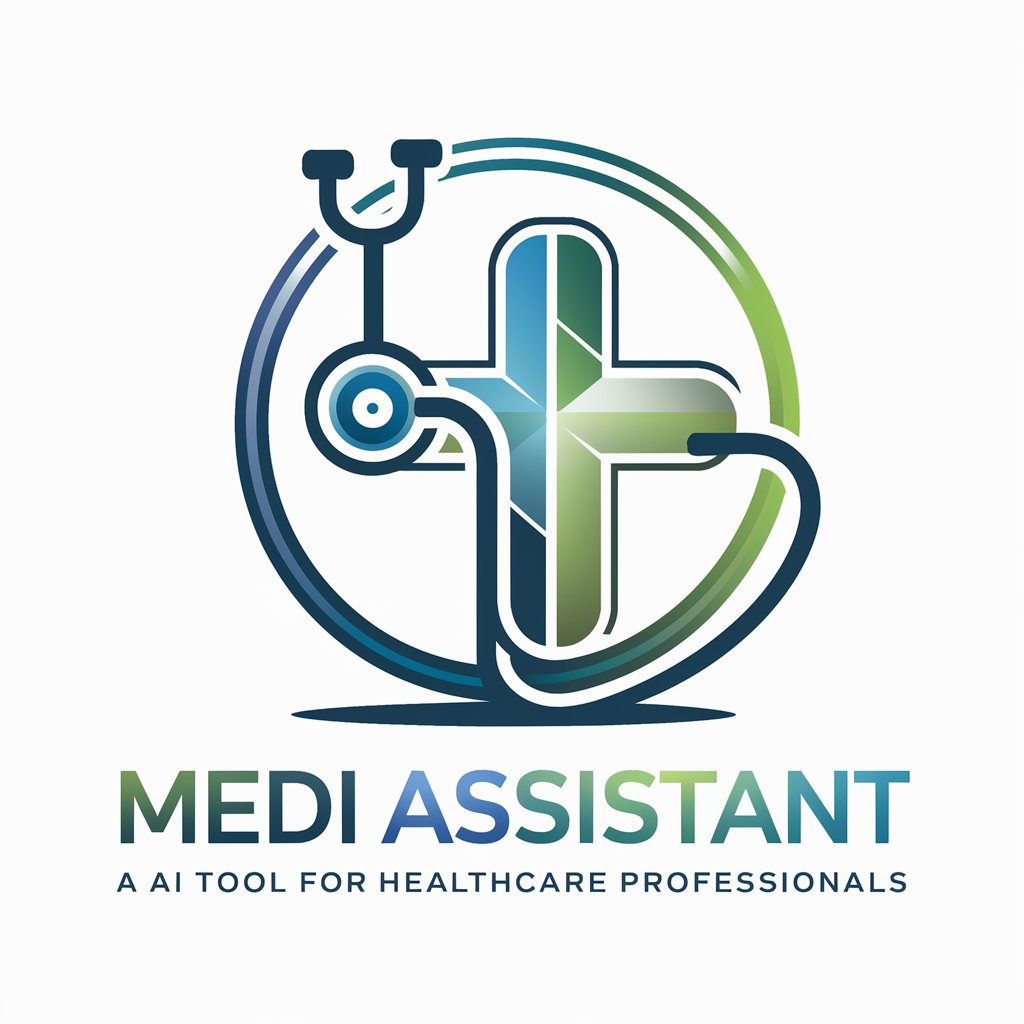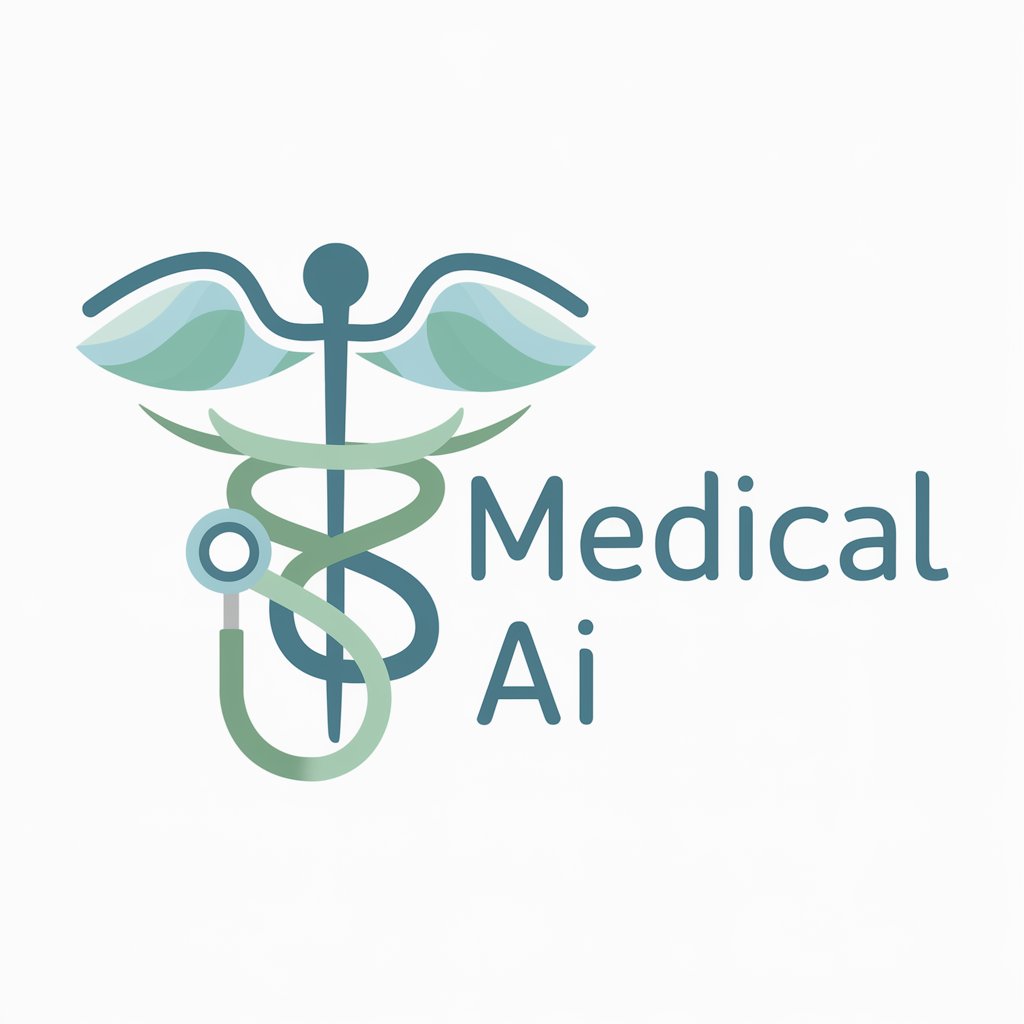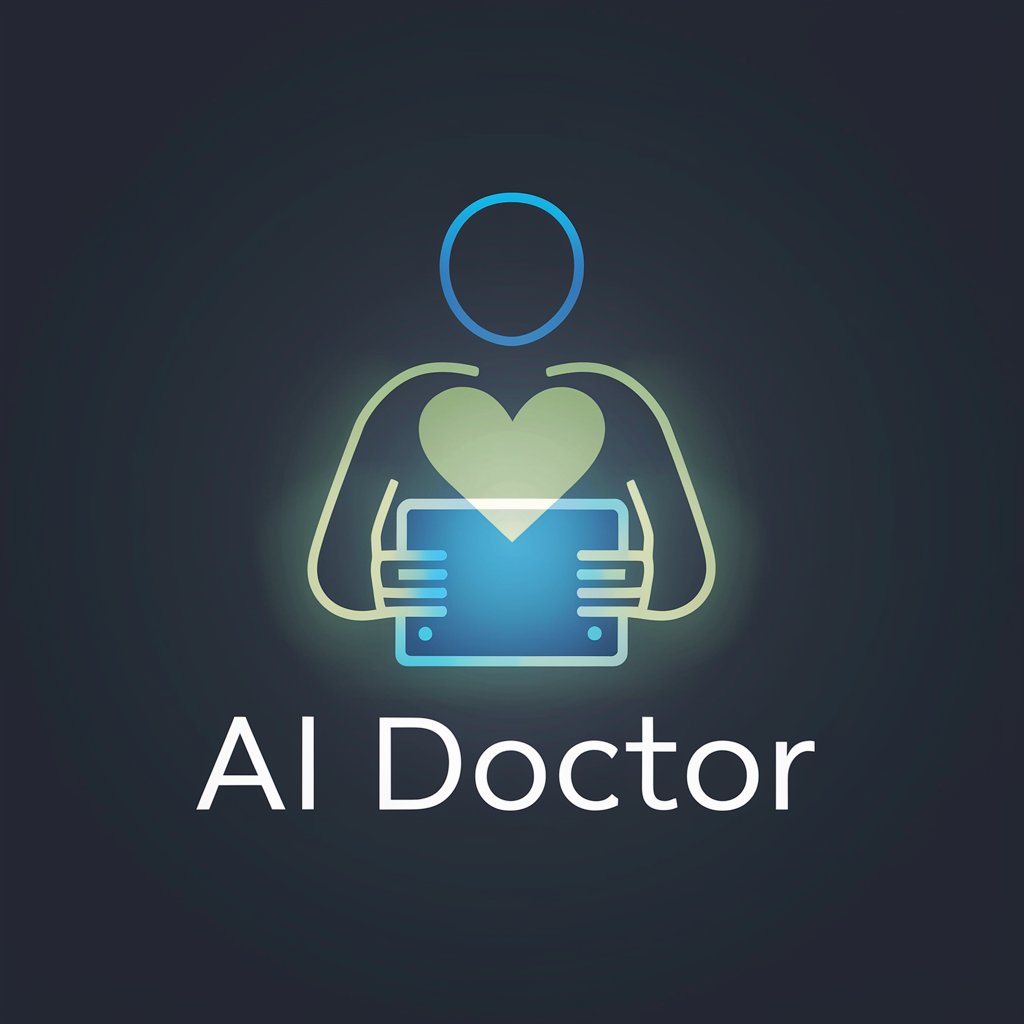
Medical AI - Medical Information Assistant
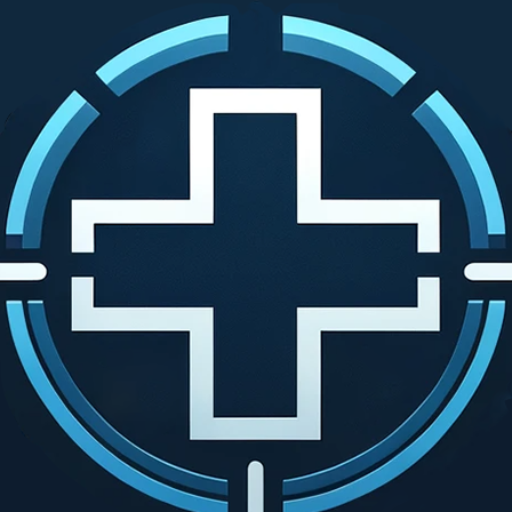
Empowering Your Health Decisions with AI
Can you give me some medical information?
Give me links to clinical guidelines for a condition
I want to learn more about some symptoms
Recommend me my top local doctors
Get Embed Code
Introduction to Medical AI
Medical AI refers to the application of artificial intelligence technologies in healthcare to interpret complex medical data, diagnose diseases, recommend treatments, and predict patient outcomes. Designed to support healthcare professionals and enhance patient care, Medical AI leverages machine learning algorithms, natural language processing, and vast databases of medical knowledge to provide insights and information with accuracy and efficiency. For instance, a Medical AI can analyze radiology images to detect abnormalities, such as tumors, that are sometimes too subtle for the human eye. It can also sort through millions of records to identify patterns that might suggest treatment strategies for rare conditions, illustrating its capacity to augment human expertise in healthcare. Powered by ChatGPT-4o。

Main Functions of Medical AI
Diagnostic Support
Example
Analyzing chest X-rays to detect signs of pneumonia.
Scenario
In a busy hospital, a radiologist uses Medical AI to quickly sort through hundreds of chest X-rays. The AI highlights potential pneumonia cases, enabling the radiologist to prioritize those patients for further review and treatment.
Treatment Recommendation
Example
Suggesting personalized drug combinations for cancer treatment.
Scenario
For an oncologist treating a patient with a complex form of cancer, Medical AI analyzes genetic data from the tumor, along with a database of clinical trials, to recommend a personalized treatment plan that includes a specific combination of drugs likely to be most effective for that patient.
Predictive Analytics
Example
Forecasting disease outbreak trends based on health data analytics.
Scenario
Public health officials use Medical AI to analyze patterns in healthcare data, including social media, to predict and prepare for disease outbreaks in specific locations, enabling more efficient allocation of resources and targeted public health interventions.
Patient Monitoring and Care
Example
Continuous monitoring of patients' vital signs in ICU.
Scenario
In an ICU, Medical AI systems continuously analyze patients' vital signs, alerting healthcare staff to early signs of deterioration that require immediate intervention, thereby improving patient outcomes and reducing the workload on ICU staff.
Medical Research and Drug Discovery
Example
Identifying potential drug candidates for rare diseases.
Scenario
Researchers use Medical AI to sift through vast biochemical data to identify potential drug candidates for rare diseases, significantly accelerating the drug discovery process and opening up new avenues for treatment that were previously unfeasible due to the rarity of the condition and the associated research costs.
Ideal Users of Medical AI Services
Healthcare Professionals
Doctors, nurses, radiologists, and other healthcare providers can utilize Medical AI for diagnostic support, treatment recommendations, and patient monitoring, thus enhancing their ability to provide care and manage their workload more effectively.
Researchers and Academics
Medical researchers and academic professionals benefit from Medical AI's ability to analyze large datasets for patterns, potential treatments, and insights into disease mechanisms, accelerating the pace of medical research and discovery.
Healthcare Administrators
Administrators and policy makers in healthcare settings can leverage Medical AI for operational efficiency, resource allocation, and to predict healthcare needs, facilitating more informed decision-making and strategic planning.
Patients
Individuals seeking to understand and manage their health can benefit from Medical AI through personalized health assessments, disease risk predictions, and educational tools, empowering them with information and potential care pathways.
Technology Developers
Developers and companies in the tech industry focusing on healthcare innovations can use Medical AI to create and refine tools that address specific healthcare challenges, driving forward the integration of technology in medicine.

How to Use Medical AI
Start Your Journey
Head over to yeschat.ai for a no-signup, free trial experience, eliminating the need for ChatGPT Plus.
Identify Your Needs
Determine your specific medical inquiries or the type of medical information you're seeking to gain insights on.
Engage with Medical AI
Input your medical questions or scenarios directly into the chat interface, using clear and detailed descriptions.
Utilize Features
Take advantage of Medical AI's capabilities by asking follow-up questions, requesting clarifications, or asking for advice on medical literature.
Review and Apply
Carefully review the provided information and consider how it applies to your situation, always consulting with a healthcare professional for personalized advice.
Try other advanced and practical GPTs
Life Architect
Empowering Your Life's Journey with AI

Crime and Disaster Risk
AI-Powered Safety and Risk Analysis
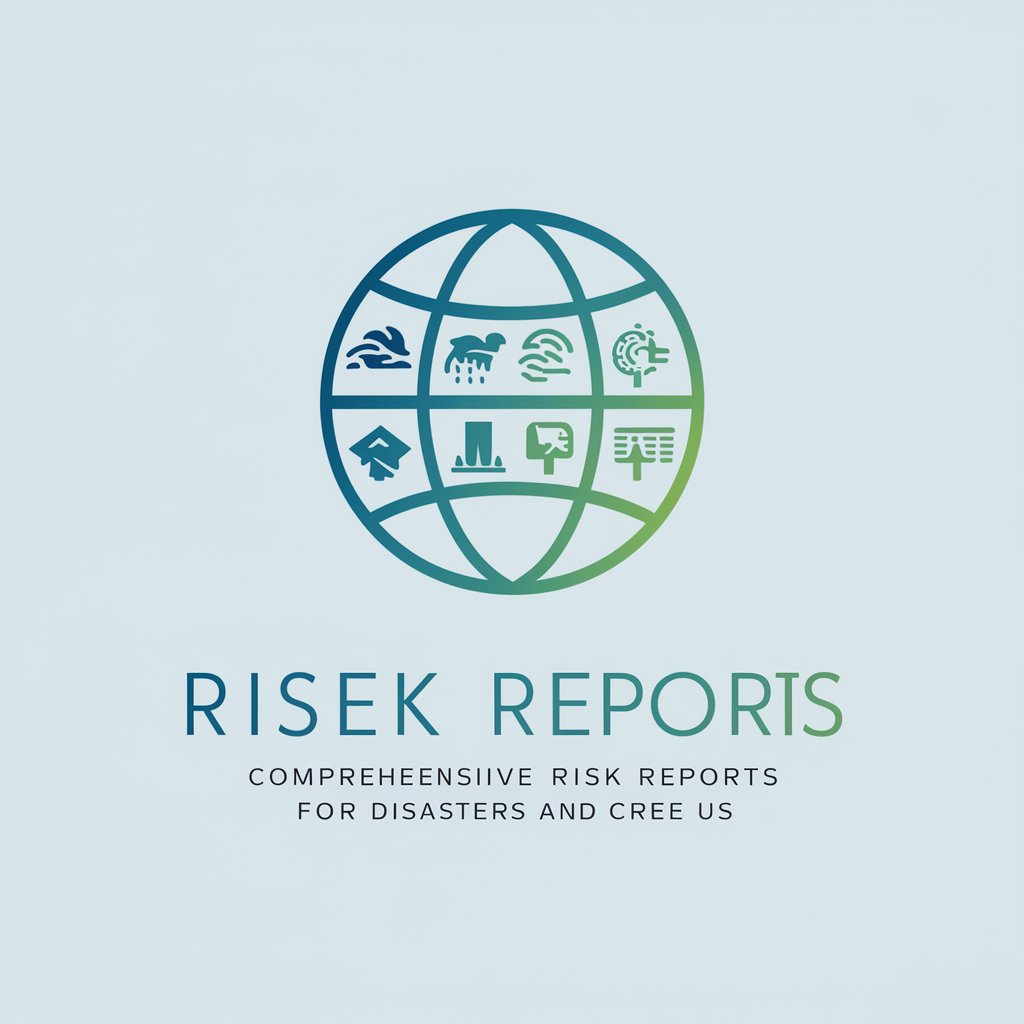
The Therapist
Empowering Emotional Well-being with AI
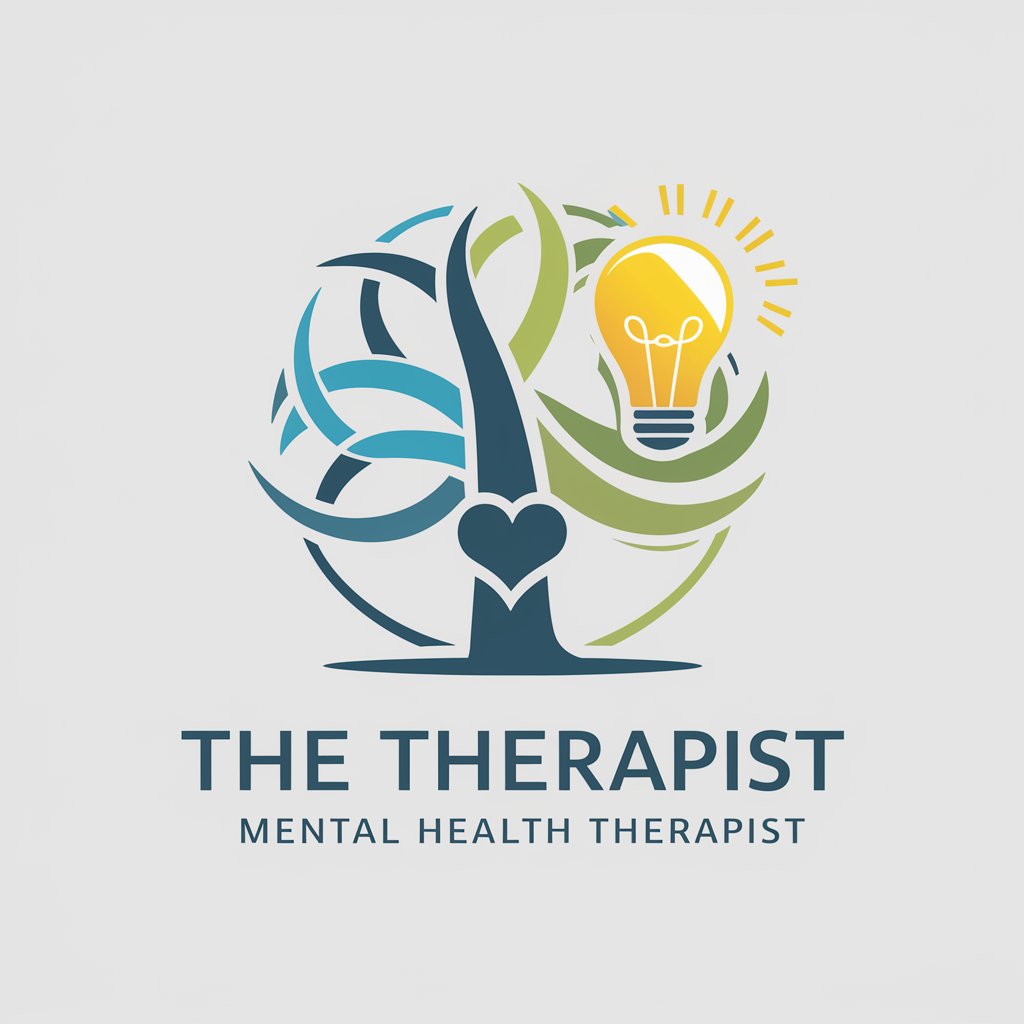
AI Therapist
Empowering Self-Discovery with AI

DrugBot
Empowering safer substance use with AI
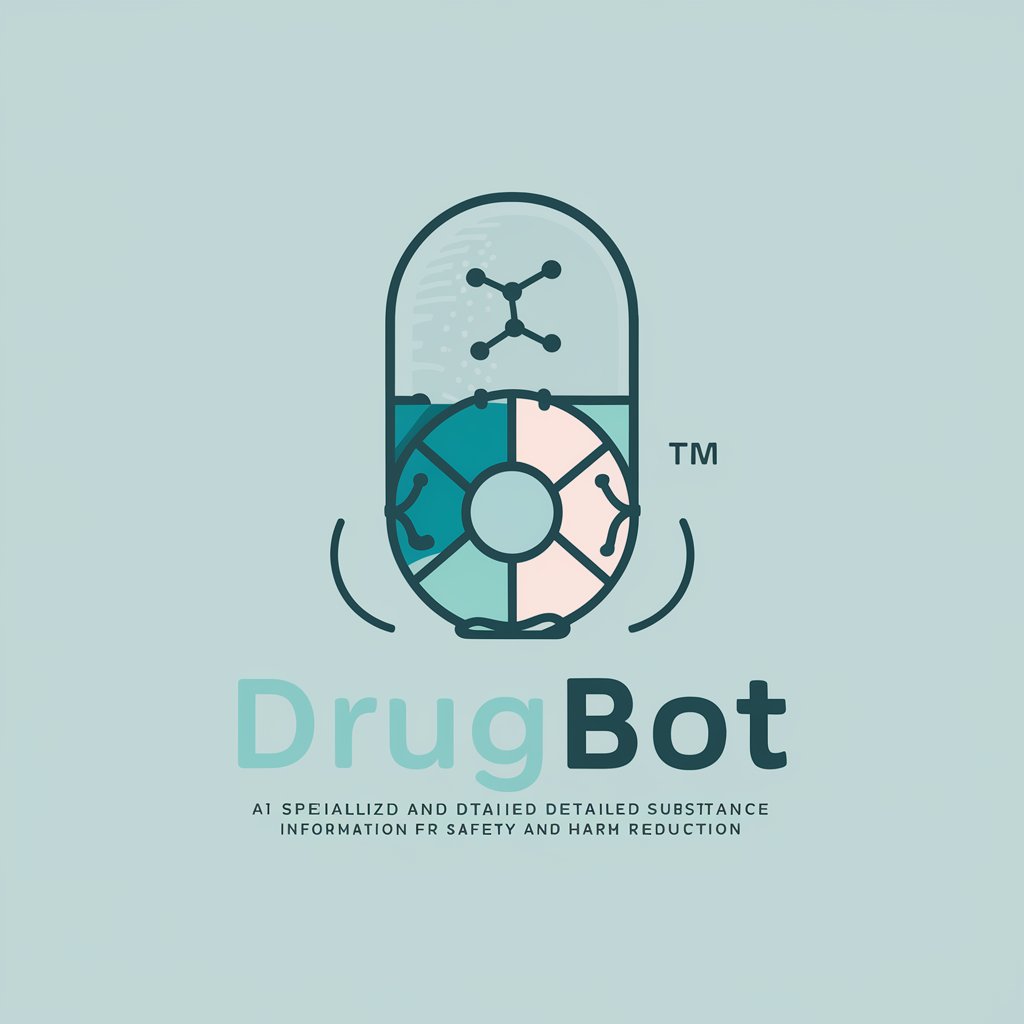
🐞 Debugging Multi-threading in C++
Empower your C++ concurrency with AI-driven insights.
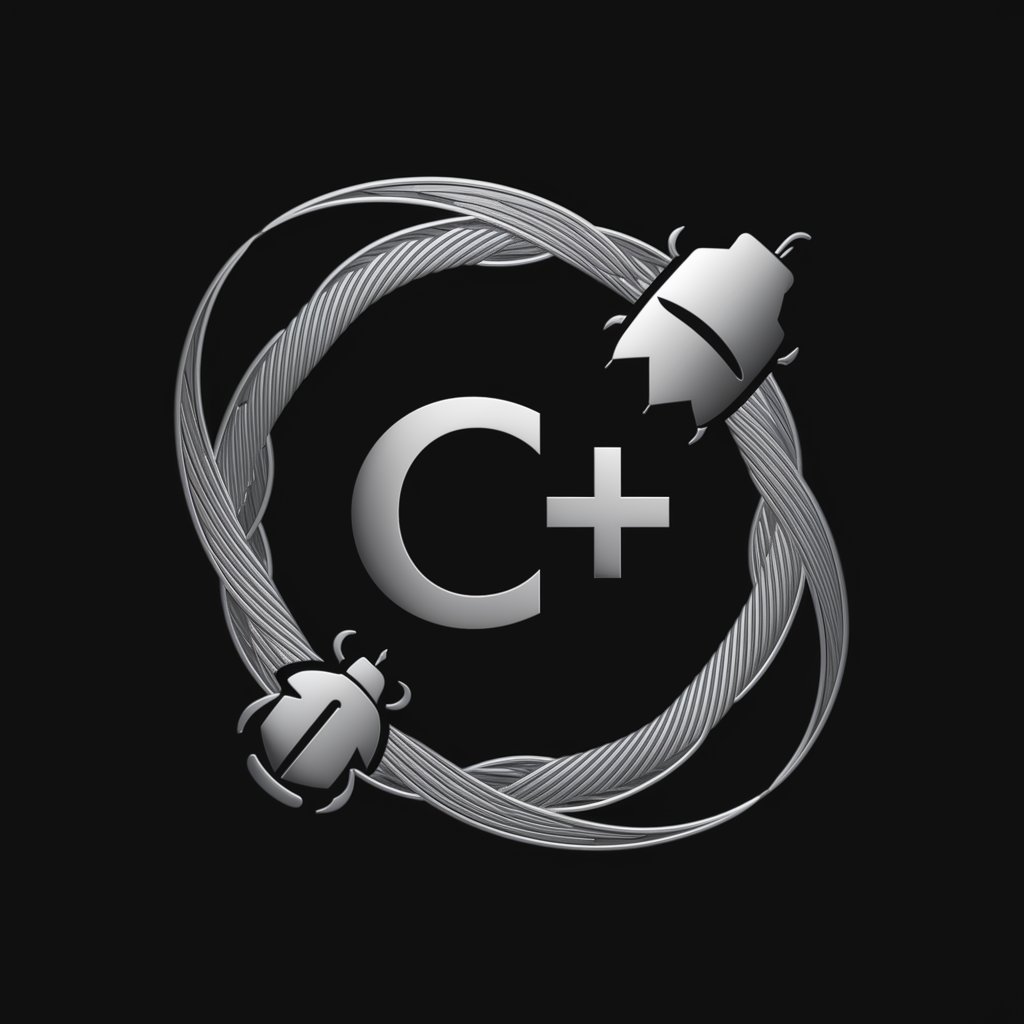
GPT Vision Builder by Mojju
Empowering Development with AI
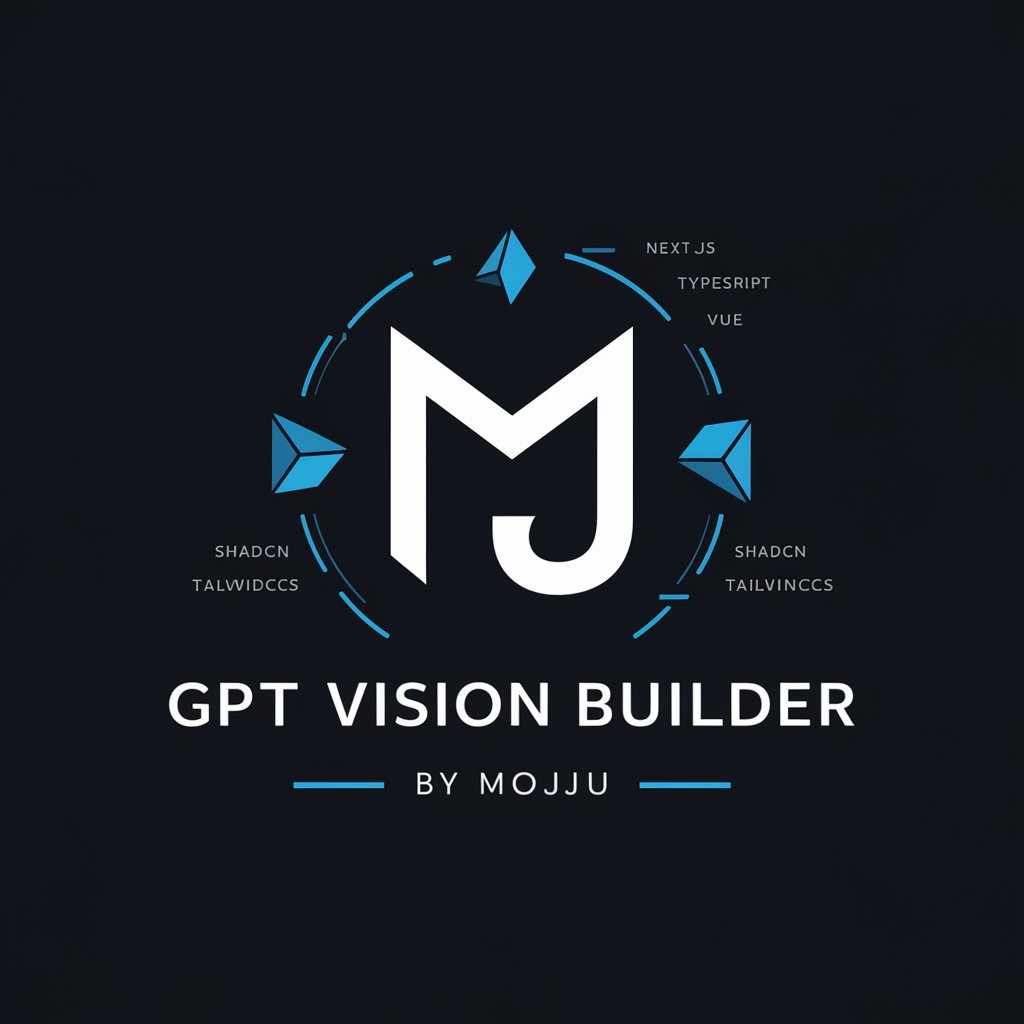
FREE LOGO, BANNERS AND BRAND FOR SOCIAL MEDIA
Craft Your Brand's Future with AI

reMarkable Note Conversion Assistant
Transform notes with AI precision.
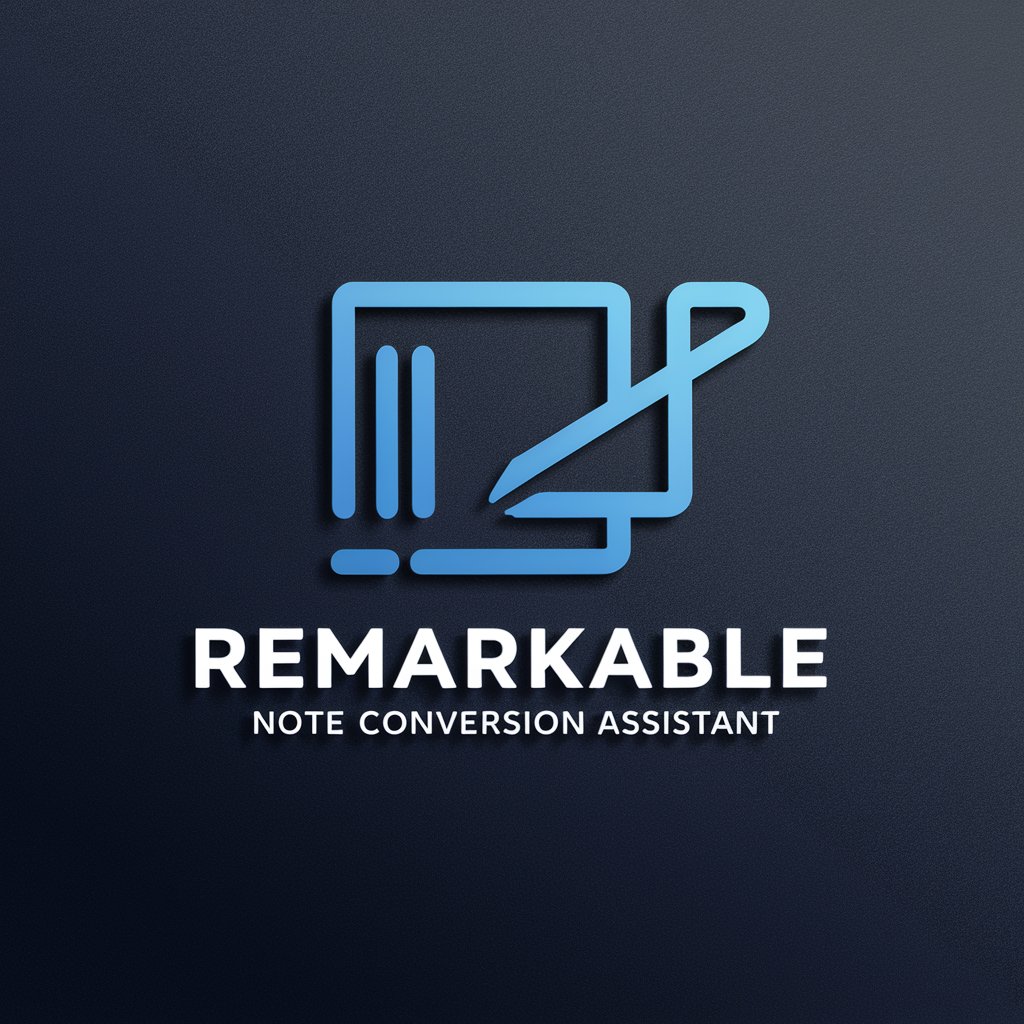
Fact Check Bot
Empowering Truth with AI
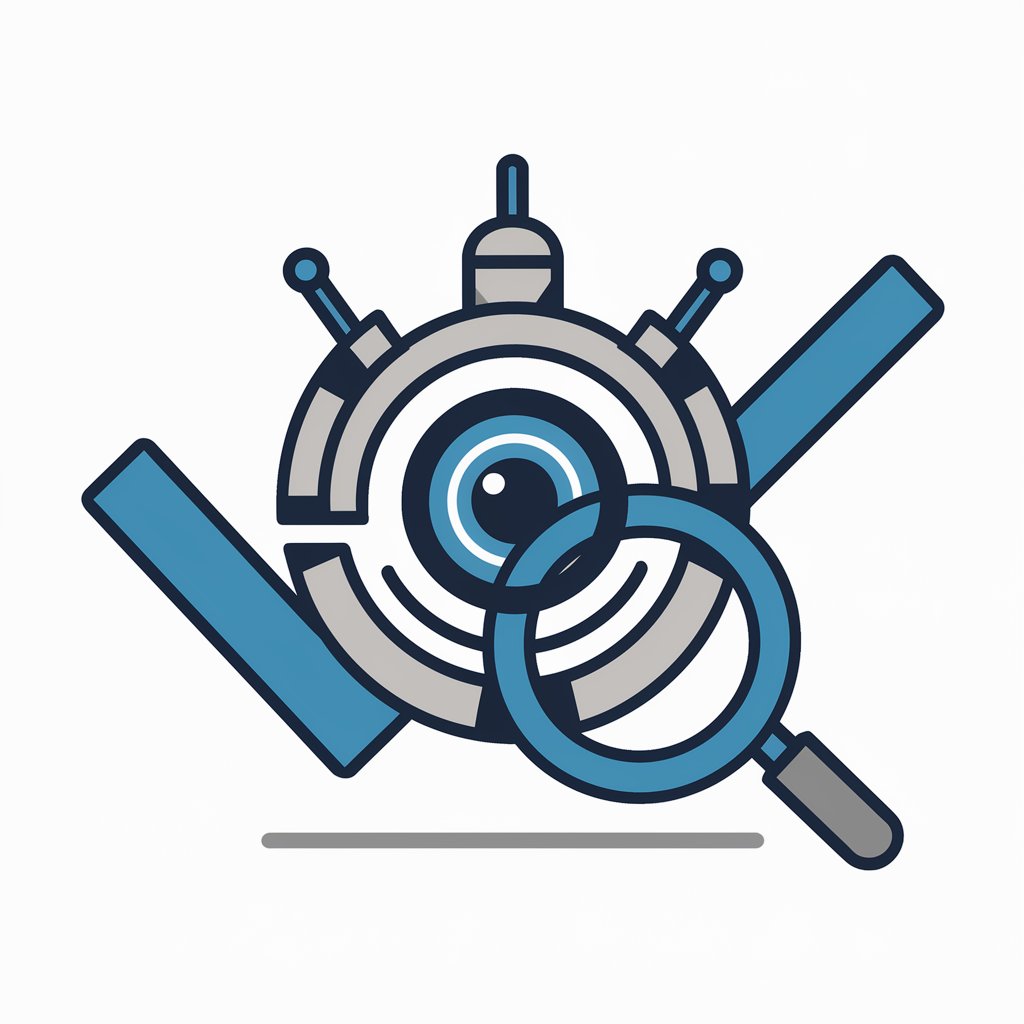
Guía de Conversación para la Vida Nocturna
Empowering respectful nightlife conversations.

Guía de uso de LLM
Empower Your Writing with AI
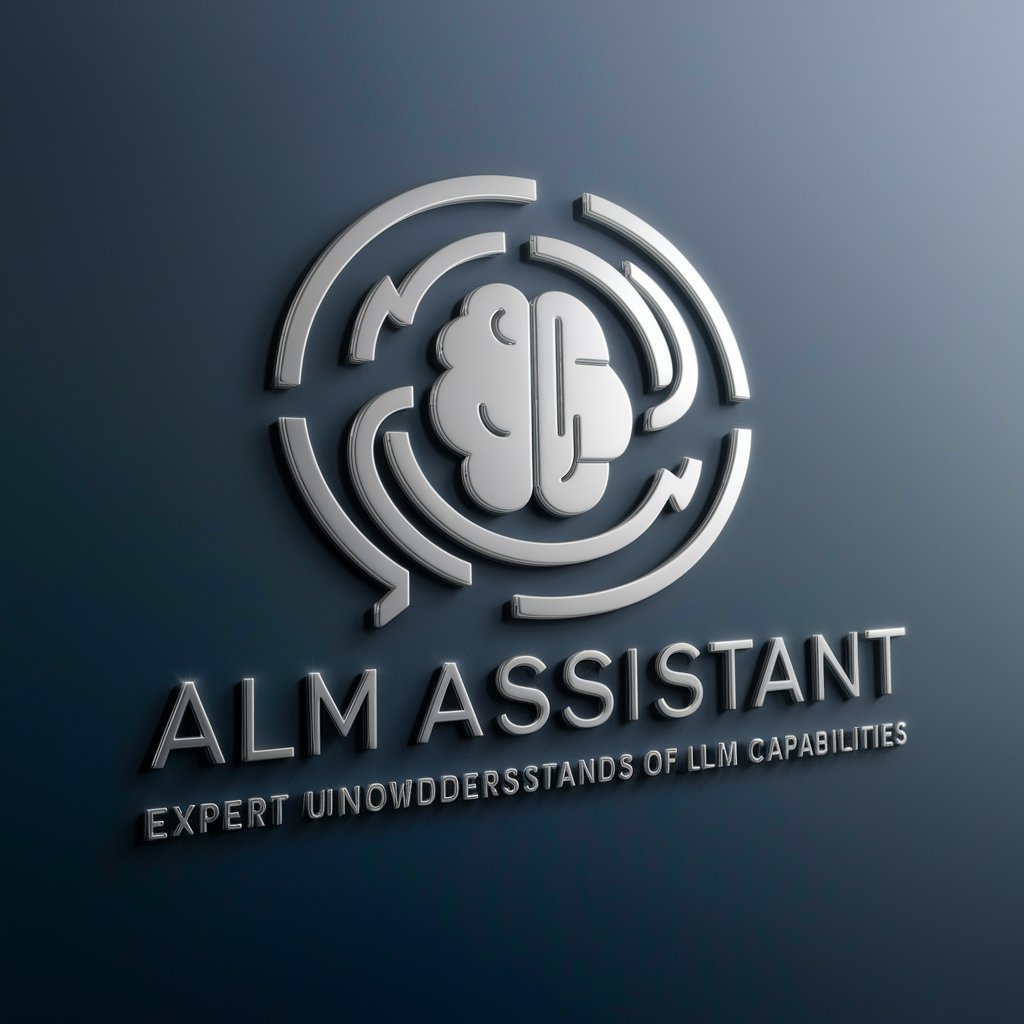
Medical AI Q&A
What exactly is Medical AI?
Medical AI is an advanced artificial intelligence tool designed to provide medical information, mimicking the knowledge level of a consultant doctor. It offers insights based on symptoms, medical history, and queries but reminds users that it's not a substitute for professional healthcare advice.
Can Medical AI diagnose diseases?
While Medical AI can offer possible conditions based on the information provided, it cannot make official diagnoses. It helps users understand potential health issues and encourages consulting with healthcare professionals for diagnosis and treatment.
How accurate is Medical AI?
Medical AI's accuracy is based on the vast data it has been trained on, including medical textbooks, journals, and guidelines. However, its responses are generalized and should be verified with a healthcare provider.
Can I use Medical AI for medical research?
Yes, Medical AI can be a useful tool for medical research by providing quick access to information, summarizing medical literature, and suggesting sources for in-depth study. Nonetheless, it should complement, not replace, traditional research methods.
How does Medical AI stay updated with the latest medical advancements?
Medical AI is periodically updated with the latest medical data and guidelines. However, because the medical field evolves rapidly, users are advised to consult recent publications or healthcare professionals for the most current information.
